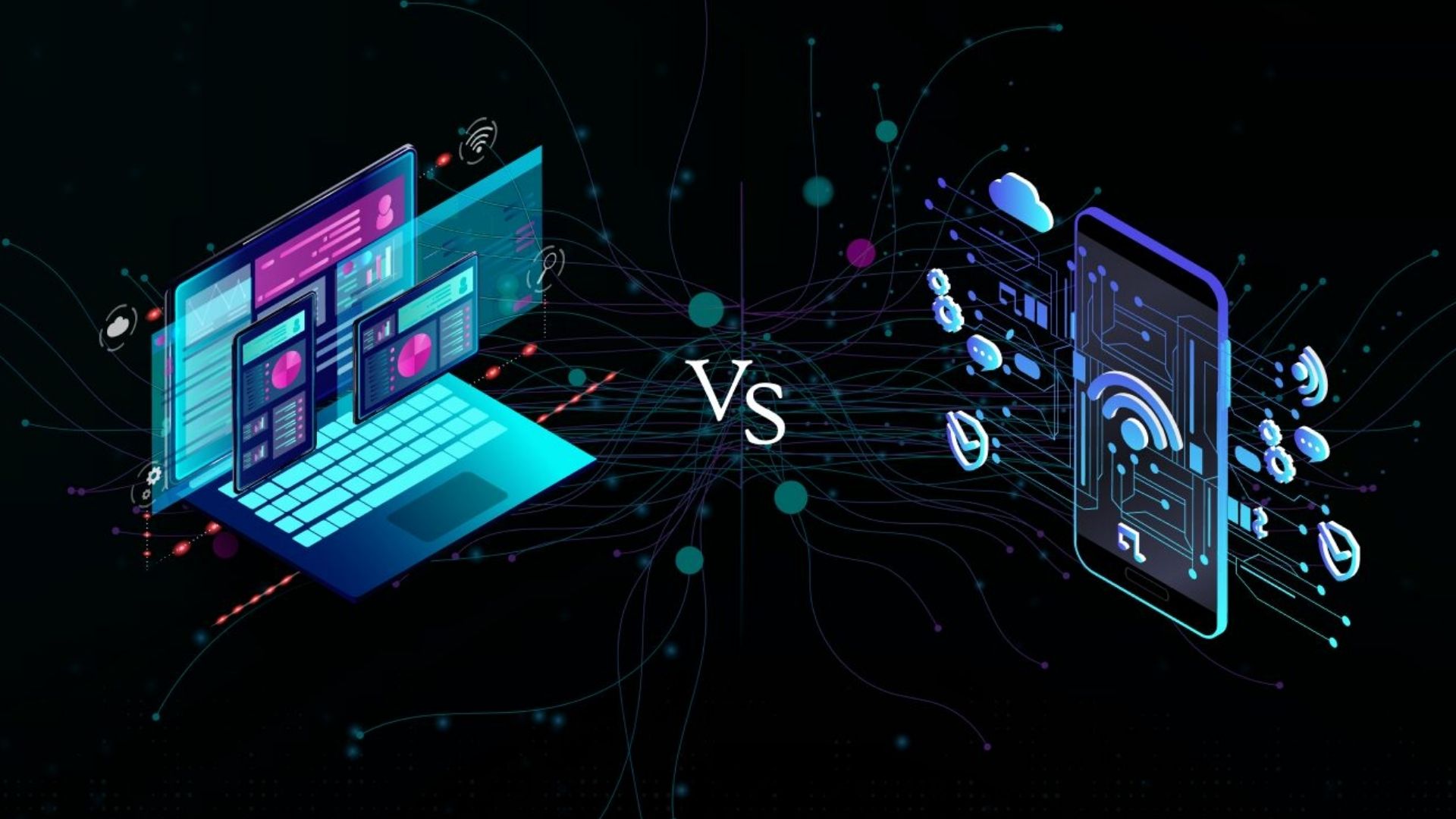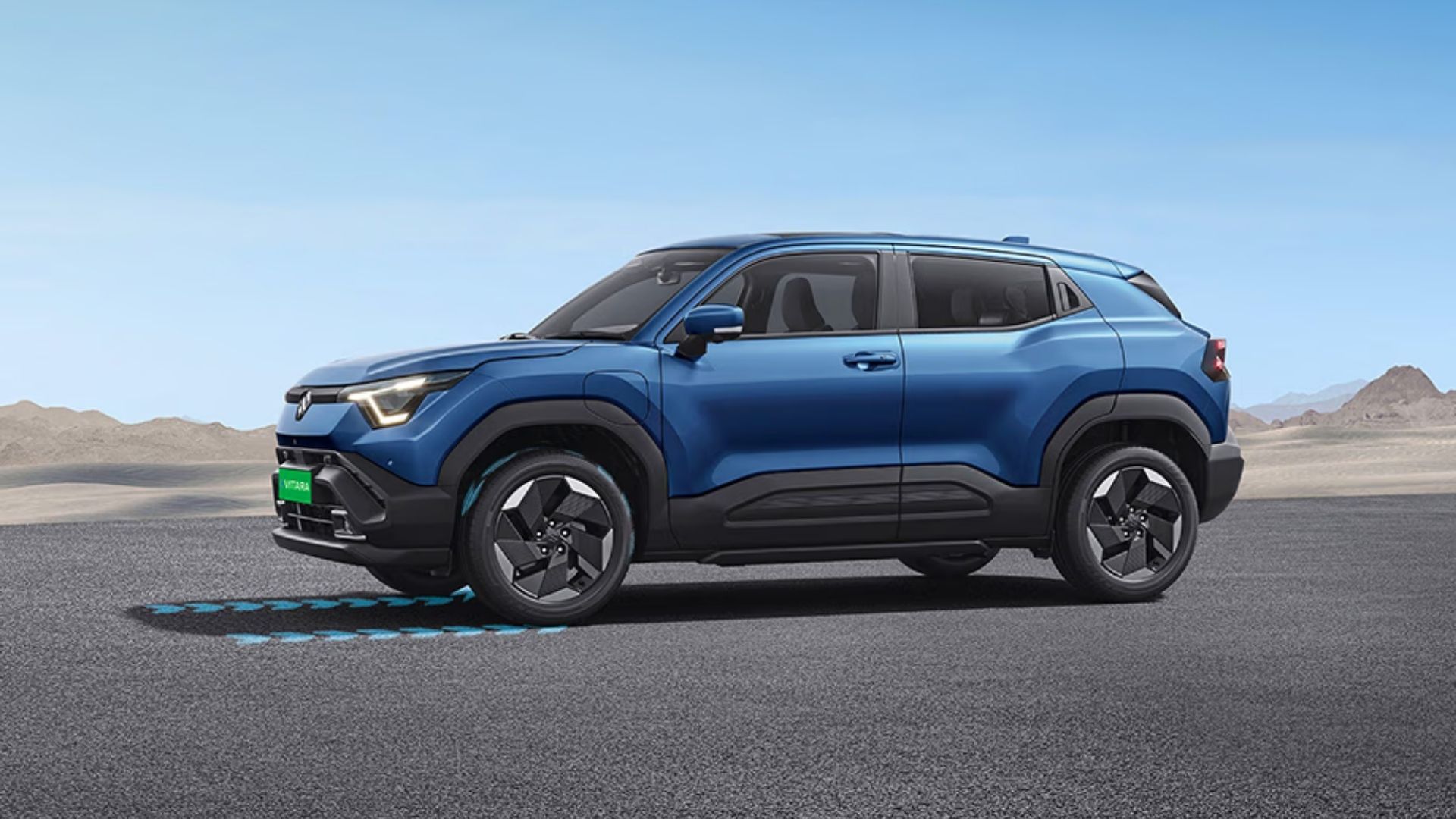In today’s digital-first world, having an online presence is no longer optional — it’s survival. But in 2025, business owners face a big question: Should you invest in a website, an app, or both?
It’s not an easy choice. Customers expect speed, personalization, and convenience. And as technology continues to evolve, businesses need to pick the right platform that aligns with their goals, audience, and budget.
So, let’s break down the real-world pros and cons of websites and apps, and help you figure out what’s best for your business in 2025.
READ MORE : https://digitalmohit.co.in/category/technology/
1. The Digital Game Has Changed
Over the past few years, digital behavior has completely transformed. Most people browse websites to discover brands but prefer apps to stay connected with them. With 5G networks, AI-driven recommendations, and the mobile-first mindset of consumers, your digital platform choice can directly impact your revenue.
In short — your online presence is your storefront. Whether it’s a website or an app, it’s where your customers experience your brand for the first time.
2. Why a Website Still Matters in 2025
A website is like your digital home. It’s open to everyone, searchable on Google, and often the first place potential customers go to learn about your products or services.
Top Reasons Why You Still Need a Website:
- ● It’s accessible to everyone. No downloads, no storage issues — just type, click, and visit.
- ● It helps you show up on Google. SEO can bring organic traffic without paying for ads.
- ● It’s cost-efficient. Websites are cheaper to build and maintain than apps.
- ● It’s easy to update. You can make instant changes without asking users to install updates.
- ● It builds credibility. A professional website increases trust and boosts brand authority.
But Here’s the Flip Side:
- Websites can’t access mobile features like GPS, camera, or notifications.
- They rely heavily on a stable internet connection.
- Engagement rates are generally lower compared to apps.
A website is perfect for awareness and discoverability — it tells the world you exist and why they should trust you.
3. The Rise of Mobile Apps in 2025
A mobile app is your brand in your customer’s pocket. It’s fast, personal, and always just one tap away. Apps are designed for engagement — to keep users coming back again and again.
Why Businesses Love Having an App:
- ● Personalized Experience: Apps can remember user preferences and purchase history.
- ● Push Notifications: You can send instant updates, offers, and reminders directly to users’ phones.
- ● Works Offline: Many features can run even without the internet.
- ● Faster & Smoother: Apps deliver a seamless, mobile-optimized experience.
- ● Builds Brand Loyalty: Once your app is on a user’s phone, your brand stays visible every day.
Challenges You Should Know:
- App development costs are higher compared to websites.
- You’ll need to maintain separate versions for Android and iOS.
- Users must install it before using it.
- App store approval and policies can be time-consuming.
Still, if engagement and retention are your main goals, an app can deliver massive long-term returns.
4. Website vs App: Choosing Based on Your Goals
Here’s the truth — there’s no universal answer. The right choice depends entirely on what your business wants to achieve.
| Business Goal | Recommended Option |
|---|---|
| Reach new audiences and build awareness | Website |
| Keep existing customers engaged and loyal | Mobile App |
| Sell products or manage bookings online | Both Website & App |
For startups and small businesses, starting with a website is smarter and more affordable. Once your brand grows, launching an app helps you retain customers and increase engagement.
5. The Biggest Trends in 2025
Let’s look at what’s shaping the digital world this year:
- Progressive Web Apps (PWAs): A hybrid of websites and apps that works on browsers but feels like an app.
- AI Personalization: Both websites and apps now use AI to offer smarter recommendations.
- Voice Search: Websites optimized for voice commands are ranking higher in Google.
- Augmented Reality (AR): Apps are using AR to enhance shopping, real estate, and education experiences.
- Data Privacy & Security: Users now care more about how brands protect their data — apps often provide stronger security layers.
6. Cost Comparison: What You’ll Spend in 2025
Every decision comes down to budget — so let’s be realistic.
- Website Development Cost: ₹40,000 – ₹1,00,000
- Mobile App Development Cost: ₹1,00,000 – ₹5,00,000+
While apps are more expensive upfront, they often deliver a higher lifetime ROI because they improve retention, loyalty, and sales.
7. The Ideal Digital Strategy for 2025
In 2025, the most successful brands aren’t choosing between a website or an app — they’re combining both.
A website brings new visitors.
An app keeps them coming back.
The two work together like a marketing and sales powerhouse.
- Website = Discovery and Conversion
- App = Retention and Relationship
If you’re starting small, launch with a professional, SEO-friendly website. Once your brand gets traction, expand with a mobile app to build deeper connections with your customers.
8. Final Thoughts: What’s Best for You?
Let’s wrap this up simply:
- If you’re looking to build awareness and attract new leads, start with a website.
- If you want to retain loyal customers and drive repeat sales, invest in an app.
- If you want to grow fast and stand out, go for both — that’s the ultimate digital strategy in 2025.
At the end of the day, your customers expect one thing — a smooth, valuable, and connected experience. Whether they find you on Google or tap your app icon, what truly matters is how well you serve them.
















Leave a Reply